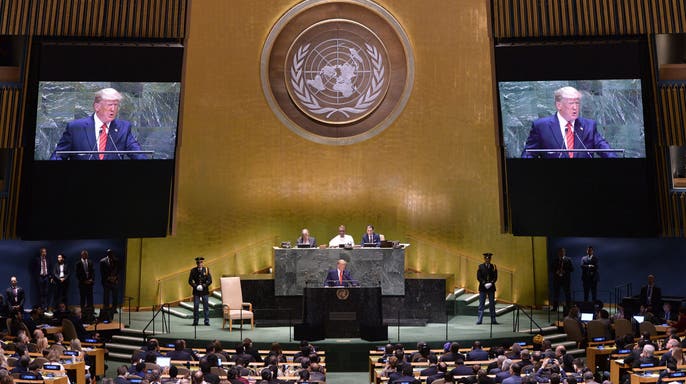
The United Nations is confronting an unprecedented liquidity crisis, largely attributed to substantial budget cuts by the United States Agency for International Development (USAID). These reductions have severely impacted various UN operations, prompting immediate financial austerity measures.
In response to the escalating financial strain, UN Secretary-General António Guterres has initiated a reform initiative aimed at modernizing the organization as it approaches its 80th anniversary. This plan seeks to address the funding shortfalls while ensuring the UN’s capacity to tackle global challenges remains intact.
The UN’s Fifth Committee (Administrative and Budgetary) has been actively addressing the chronic cash crisis, emphasizing the necessity for Member States to fulfill their financial obligations promptly. Discussions have included proposals such as withholding a percentage of UN staff salaries to mitigate the financial shortfall.
The Office for the Coordination of Humanitarian Affairs (OCHA) has released $110 million from its emergency response fund to support underfunded crises across Africa, Asia, and Latin America. However, OCHA’s head, Tom Fletcher, described the U.S. funding cuts as a “body blow to our work to save lives,” highlighting the severe implications for global humanitarian efforts.
The UN Field Staff Union has expressed deep concern over the severe liquidity and funding shortfall, stating it threatens the foundation of the staff’s work. The crisis has led to discussions about potential staff cuts and aid reductions, further hindering the UN’s ability to fulfill its mandates effectively.
The suspension of USAID funding has also had a profound impact on global health initiatives. For instance, UNICEF has warned that one million malnourished children in Nigeria and Ethiopia risk losing critical aid due to the funding cuts. Additionally, the World Health Organization (WHO) reported that eight countries could run out of HIV treatments, potentially leading to millions of new infections and related deaths.
The abrupt cessation of USAID programs has also affected individual livelihoods. For example, Emily B. Brown, a consultant specializing in gender equality and social inclusion, lost approximately $63,000 in potential income due to the elimination of most USAID programs, forcing her to seek alternative employment.
In a legal development, a federal judge has blocked the Trump administration’s initiative to dismantle USAID, ruling the action likely unconstitutional. This decision temporarily halts the administration’s efforts to significantly reduce foreign aid spending, providing a potential reprieve for affected programs.
The convergence of these events underscores the critical need for sustainable funding and strategic reforms within the United Nations to navigate the current financial crisis and continue its global humanitarian mission.







